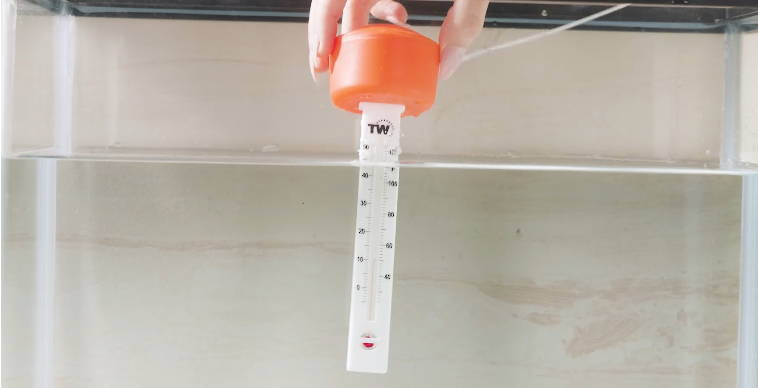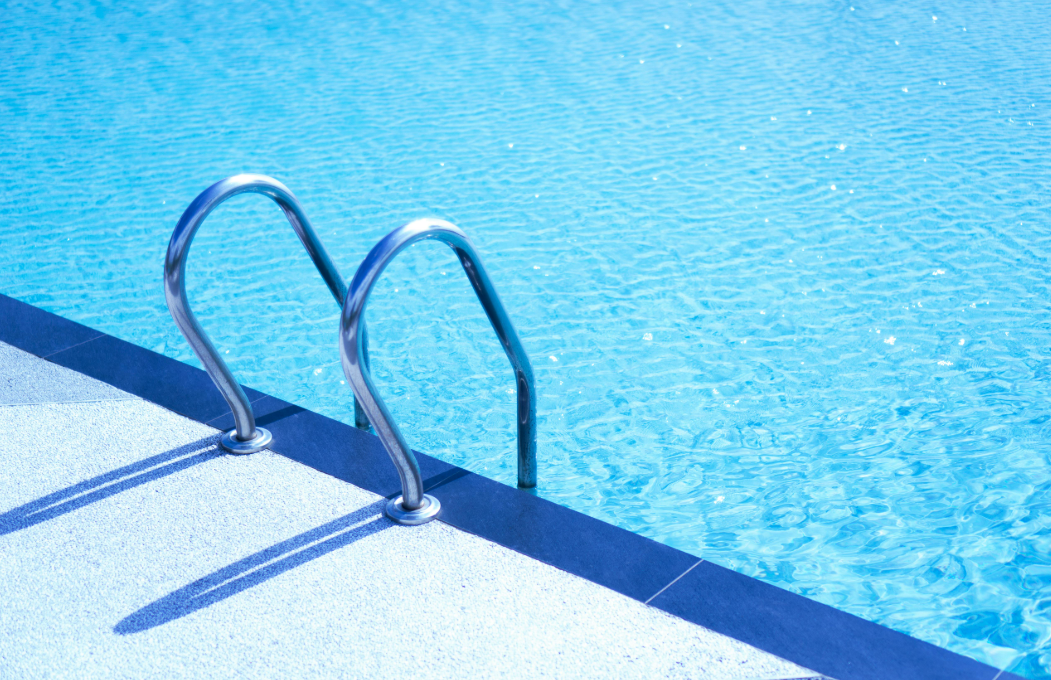Useful Resources
Why Every Pool Needs a Thermometer: What is the Safe Pool Temperature?
If you own a swimming pool, keeping the water clean and chemically balanced is probably second nature. But there’s another crucial element you might be overlooking, pool temperature. Just checking the temperature by dipping your hand in is not enough. Using a pool thermometer is one of the simplest ways to ensure your water stays at a safe, comfortable level—and it can help you save energy and in turn money too.
Whether you’re a casual swimmer or manage a backyard pool for family and guests, here’s why investing in a high-quality pool thermometer is a smart move.
Swimming pools are not the only uses for pool thermometers. If you have or visit a natural pool, like a lake, pond, stream or river, a pool thermometer is essential. A thermometer is the way to keep you safe and comfortable when wild swimming.
Why do you need a pool thermometer?
- Achieve the Best Pool Temperature for Swimming
 What is the best swimming pool temperature? The optimal temperature for most residential pools is 78°F to 84°F (25°C to 29°C). Anything cooler can feel unpleasant, while warmer water may cause fatigue or promote bacterial growth. But remember, naturally, it depends on what you are using it for. If you are swimming lengths or doing fitness it may be wise to have your pool temperature to the bottom end of the recommended range. Likewise, for recreation or for swimming with young children, keep the pool temperature to the top end of the recommended range or even higher.
What is the best swimming pool temperature? The optimal temperature for most residential pools is 78°F to 84°F (25°C to 29°C). Anything cooler can feel unpleasant, while warmer water may cause fatigue or promote bacterial growth. But remember, naturally, it depends on what you are using it for. If you are swimming lengths or doing fitness it may be wise to have your pool temperature to the bottom end of the recommended range. Likewise, for recreation or for swimming with young children, keep the pool temperature to the top end of the recommended range or even higher.
A reliable pool thermometer lets you quickly check if your pool is within this temperature range. Whether you’re swimming laps or hosting a pool party, the right water temperature makes all the difference in comfort and enjoyment.
- Protect Your Pool from Temperature-Related Damage
Extreme temperatures—both hot and cold—can take a toll on pool liners, tiles, and plumbing. Frozen water can lead to pipe freezing and damage, and excess heat can damage certain surfaces and affect chemical balances. A thermometer lets you take preventative action before any damage happens.
- Improve Energy Efficiency and Reduce Costs
Investing in a pool thermometer saves you money! You might run your pool heater longer than necessary, leading to higher energy bills. Pool thermometers let you know if your pool heating is working correctly.
A pool thermometer gives you real-time data so you can increase the temperature of your water only when needed. This reduces energy consumption and helps extend the life of your pool equipment.
- Monitor Pool Temperature for Health and Safety
Too-hot or too-cold, pool water isn’t just uncomfortable—it can be dangerous. High temperatures can encourage algae and harmful bacteria, while cold water can be a shock, especially to children, older adults, and those with certain medical conditions.
With a thermometer, you can monitor fluctuations and make sure your pool has an ideal temperature and remains a safe environment for everyone.
- Plan Around Seasonal Temperature Changes
As seasons change, so do water temperatures. In spring and autumn, a thermometer helps you decide when to start or stop heating. On cooler mornings or after storms, it lets you gauge if conditions are right for a swim—without guesswork. This makes your pool more usable throughout the year, even during unpredictable weather.

- Make Informed Decisions on Chemical Usage
Water temperature directly affects how pool chemicals work. For example, chlorine breaks down faster in warmer water, meaning you might need to adjust dosages.
- Plan Smarter Around Weather and Usage
A pool thermometer helps you anticipate changes due to weather. After a heatwave or storm, it shows how much the temperature has shifted, helping you decide whether the swimming pool is swim-ready or needs adjustment. It’s also useful for daily planning—especially if you’re hosting guests or keeping a swim schedule.
Choose the Right Pool Thermometer for Your Needs
Pool thermometers come in various types:

- Floating pool thermometers – They have a floater on the top and can float at the water’s surface, with the thermometer immersed. This thermometer comes with a cord so it can be tied to the pool ladder, for example.
- Scoop type thermometers – You simply scoop water and take a sample of water and wait for the thermometer to read the temperature.
Final Thoughts
 A pool thermometer is an inexpensive purchase with high rewards, it has a big impact on how you enjoy and manage your pool. It helps you maintain the best pool temperature, improve energy efficiency, and keep your swimmers safe—all with minimal effort. Even if you have a pool heating mode or monitor, a thermometer can check if it is working correctly, and give you real time, easy to check measurements of the water temperature.
A pool thermometer is an inexpensive purchase with high rewards, it has a big impact on how you enjoy and manage your pool. It helps you maintain the best pool temperature, improve energy efficiency, and keep your swimmers safe—all with minimal effort. Even if you have a pool heating mode or monitor, a thermometer can check if it is working correctly, and give you real time, easy to check measurements of the water temperature.
If you’ve been relying on guesswork, it’s time to upgrade. A thermometer for your pool is one of the easiest ways to improve your pool experience, making sure you get the optimal temperature.


